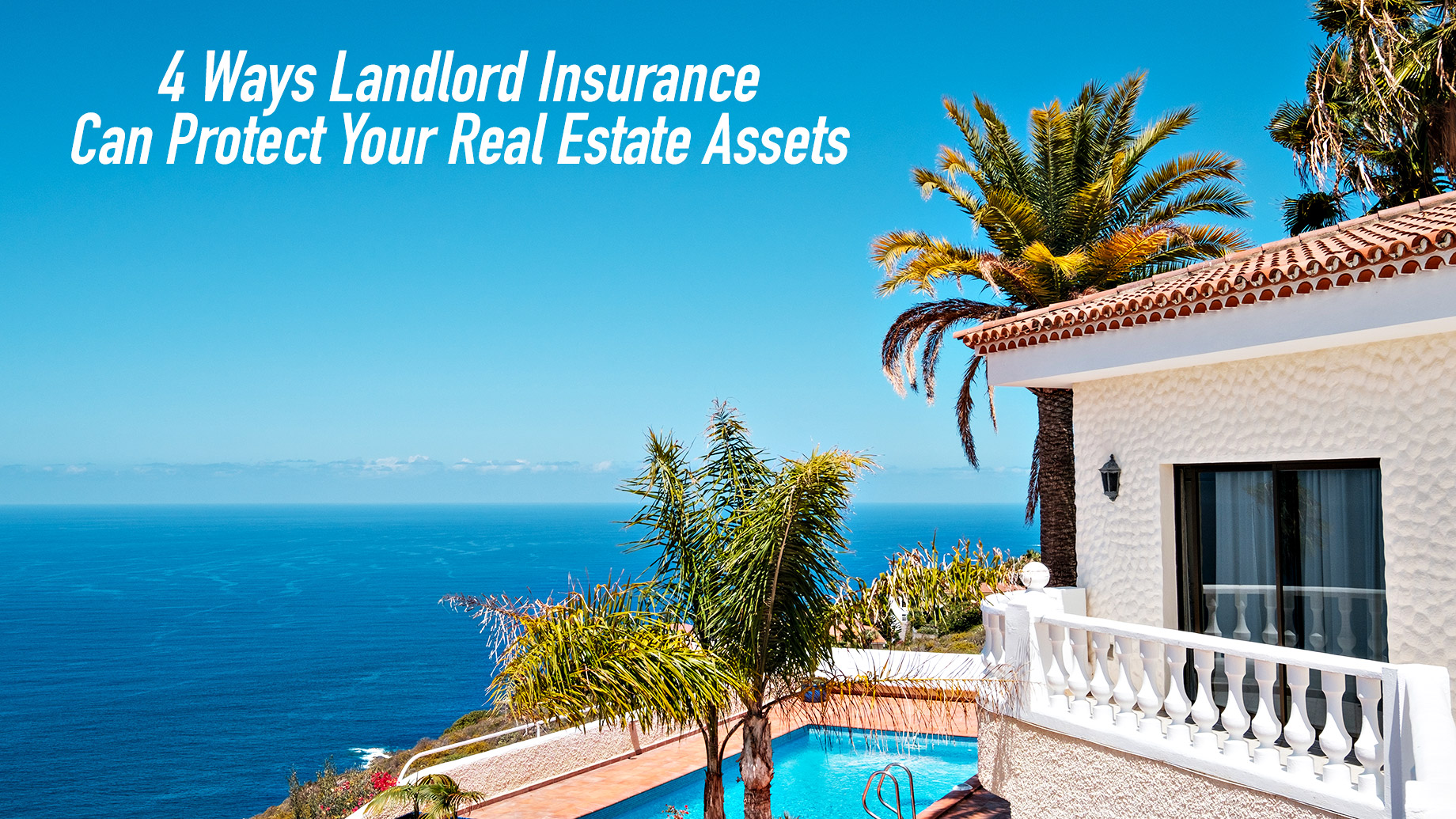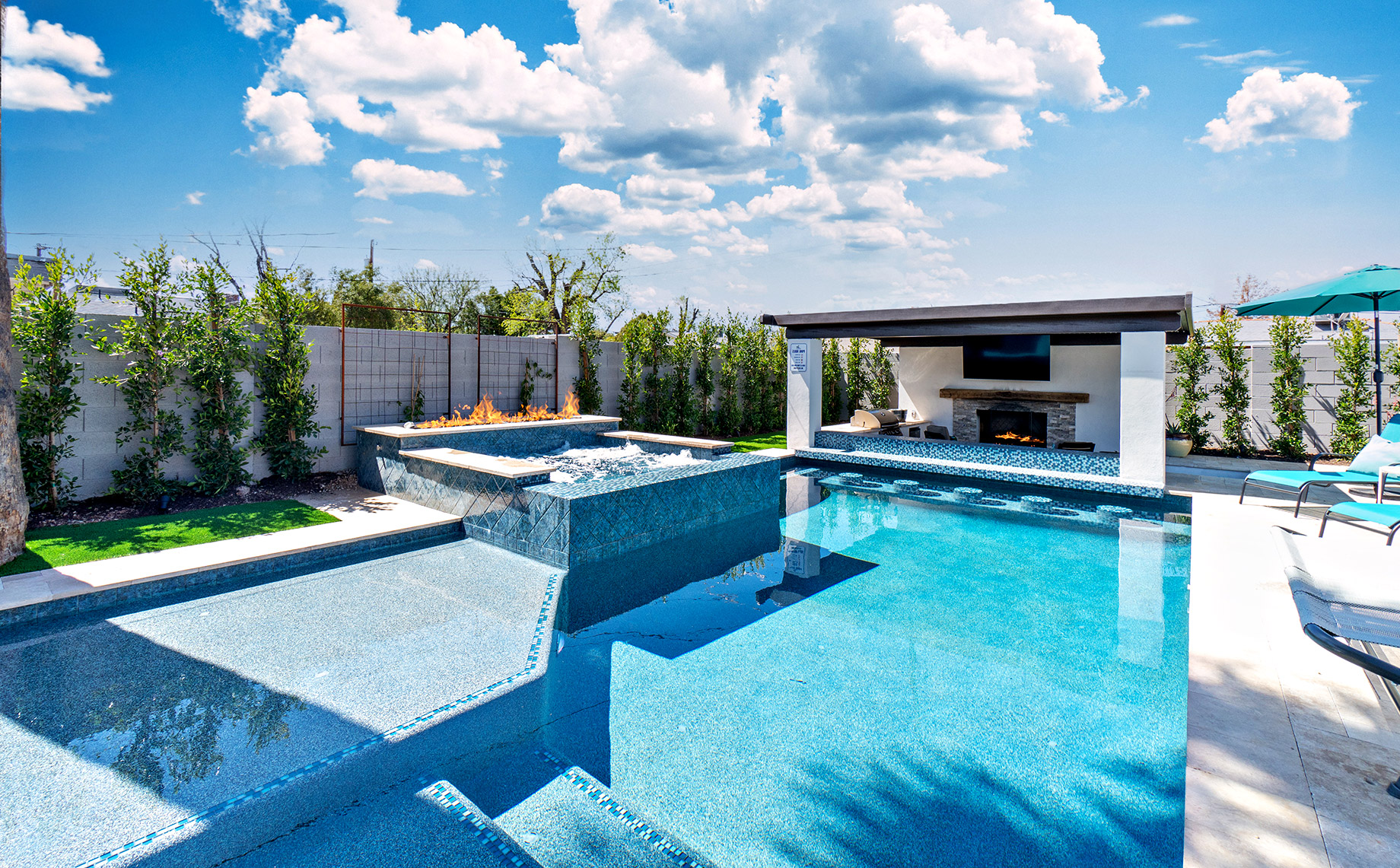
Rental properties can be lucrative, and they’re one of many popular ways to earn passive income. When renting out to tenants, it’s crucial to think about how to best protect your source of income, and that’s where landlord insurance can help you. Like other insurance types, it provides coverage for various emergencies related to your rental property.
The following are the benefits of having landlord insurance:
1. Property Owner’s Liability Cover
Newer landlords might miss this coverage if they don’t understand it, which could be detrimental. Owners must also be fully aware that they can cause their downfall if they remain neglectful of their property. Landlord insurance is crucial because, in the case of property and damages sustained to the property or a third party, the coverage will release the money to cover medical bills or getting the place fixed.
For example, if a delivery person had an accident because of tripping over a loose part of the pathway, they can ask for compensation. You’ll have to pay the person because you haven’t fixed that open slab. But if you have landlord insurance, you won’t have to pay out of pocket.
2. Protection Against Loss Of Property Income
Landlord insurance can cover your property if it becomes uninhabitable. That means if the home becomes too damaged by a storm or flooding, you won’t be able to rent the place out for a while until it’s fixed. You can get a cash payout that you can use for repairs. It doesn’t include when the property is vacant or because of an eviction. It’s only when the home has a tenant at the time of the damage.
Remember that before filing a claim, you must document everything. Take high-resolution photos and provide a report. Also, give the amount of rental loss you experienced. It must have the physical damage that the insurance covers. You must also be losing rent while the property is under repair. The coverage applies to both residential and commercial properties.
3. To Fix Damages Sustained In Flooding
When water enters the structure, it can cause damages to the furniture, electrical wiring, and walls, to name a few. Even if you don’t live in an area with flooding, it still pays to be prepared. Low to moderate-risk regions tend to suffer from flooding since one-fourth of the insurance claims made cite it as the cause of damages.
On average, flood insurance costs USD$700 a year, and the average flood insurance claim is around USD$39,000. Various factors can influence these figures such as the area where you live.
The National Flood Insurance Program helps protect the following:
- The home structure and the foundation
- Clothing, electronics, furniture, and other possessions
- Valuables (art and jewelry worth up to USD$2,500)
- Air conditioning, venting, and heating
- Electrical and plumbing
- Window treatments (blinds and curtains)
- Appliances
- Paneling, carpeting, cabinets, bookcases
It’s also vital to note that climate change has an influence on the rise of flooding. In the United States, homeowners must contribute between 5-10% of the home’s insured value depending on which state the homeowner lives. It’s to help cover the expenses if severe weather causes extreme damages to the property. It includes flooding from rising oceans and hurricanes.
4. Property Protection For The Structures
Perhaps the primary protection you should seek is coverage for the actual physical property that must be associated with the one you’re renting out to tenants. Besides the dwelling, it may also include the equipment you’re using for maintenance.
If you’re turning your home into a rental or specifically bought it for renting, it’s a necessary coverage you should get for your source of income.
The insurance typically covers the following:
Dwelling
This is the coverage that issues payout for reparations on the rental home or apartment. The damages must be caused by fire, wind, hail, lightning, and other losses covered.
Personal Property Used For The Rental Service
These are the tools used to maintain the property for rent such as lawnmowers, snowblowers, and others. However, it doesn’t apply to appliances such as electronics as they’re not used to maintain the property.
Conclusion

Landlord insurance is insurance if you’re running a real estate rental property. Since these homes are your bread and butter, it only makes sense that they’re protected with insurance to help cover damages and losses. Aside from humans, damages can also be caused by nature. And while they can’t be controlled, you’ll at least have something to fall back on when your source of livelihood has been compromised.